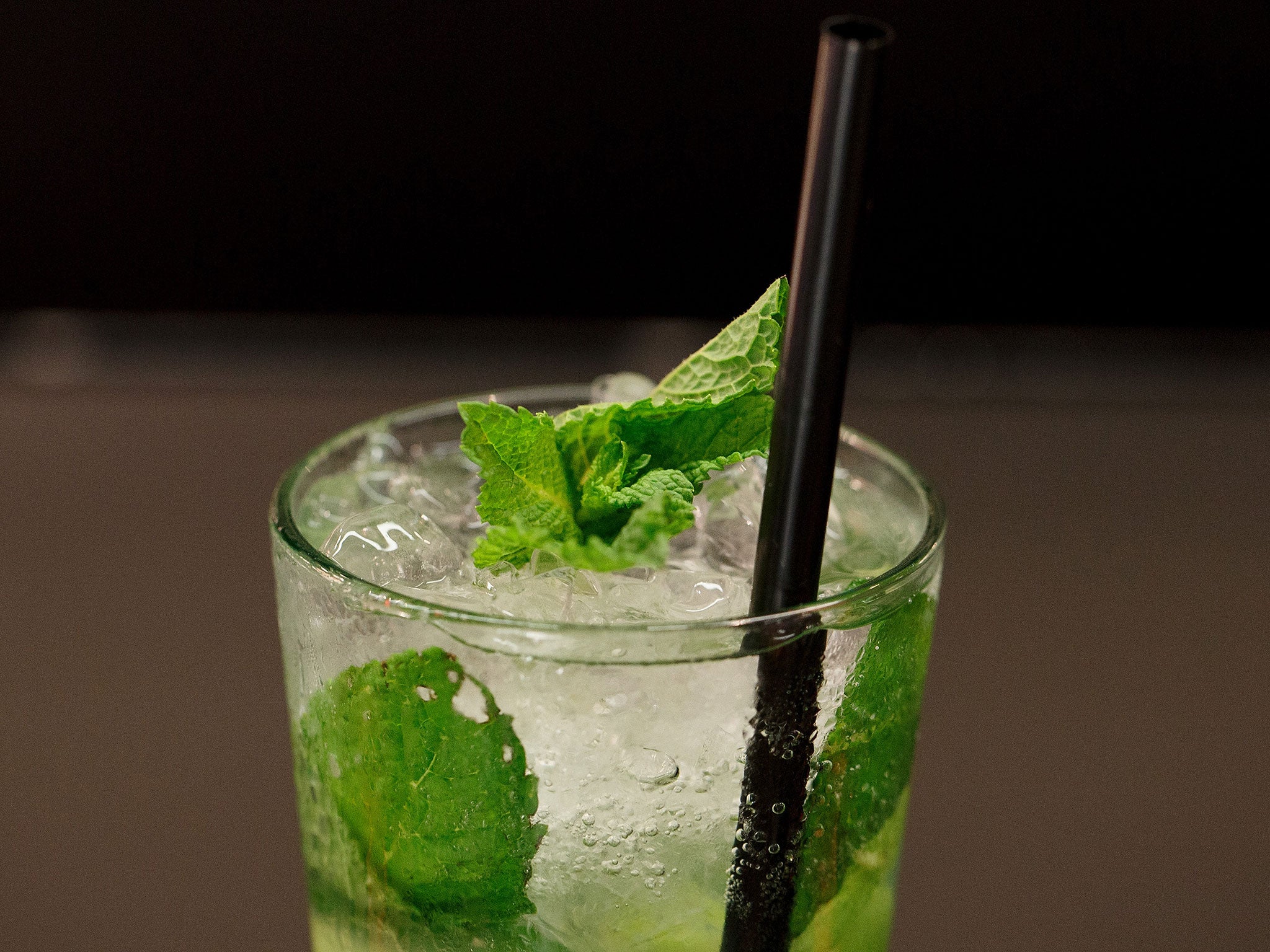What happens to your body when you’re drunk
As soon as that drink hits your system, ethanol gets to work...

As the "party season" approaches, you’re going to have to pay some attention to weighty matters like what you’re going to wear to the office bash, whom you must avoid at all costs once you’re there, and trying not to inadvertently poke co-workers in the eye with a sprig of plastic mistletoe.
However, amongst the hubbub, it’s unlikely that you’ll give much thought to the chemical composition of the drinks that you are pouring down your neck. There’s cold, rational science behind your decision to bust out your robot dance moves to impress the CEO, and if you take a minute to understand what’s going on inside you, it may give you cause to reflect and maybe intersperse your alcohols intake with a few glasses of water.
There are, in fact, many kinds of alcohol in the chemical world but the one that dominates our drinks is ethanol. Just like you had in big brown jars on the shelf of your school science classroom. The specific shape of an ethanol molecule is precision engineered by nature to affect your brain when swept into your bloodstream on the waves of your favourite tipple.
The ethanol molecule is very tiny, made of two carbon atoms, six hydrogen atoms and one oxygen atom. Ethanol is also water-soluble, which allows it fast-track access to your bloodstream and therefore your brain. It’s also fat-soluble which means it can pass through all manner of cell membranes and other biological nooks and crannies unimpeded. In other words, once ethanol gets into your stomach, it’s going everywhere. And once ethanol arrives on the scene it causes havoc.
Research has not conclusively determined exactly how ethanol accomplishes all of its various effects on the brain, but there are some well-supported theories. The slowing of your reactions, the slurring of your speech, the loss of memory, are probably caused by the ethanol attaching to glutamate receptors in your brain’s neural circuitry. These receptors normally receive chemical signals from other parts of the brain, but instead of a normal sober response, the brain receives a big hit of ethanol sending it into confusion and slowing down its normal processes.
The 10 countries that drink the most alcohol
Show all 10Imagine phoning to book a taxi but instead of the operator at the taxi company taking down your details and despatching a cab they start talking to you about modernist poetry in a language that you don’t understand. That’s what’s happening to your brains’ usual chemical processes once ethanol is present.
Ethanol also binds to GABA (gamma-aminobutyric acid) receptors, which normally serve to slow down brain activity. Unlike glutamate receptors, ethanol actually makes GABA receptors more receptive, causing the brain to slow down even more.
But as we know, alcohol isn’t simply a depressant, because it also stimulates the production of dopamine and endorphins, chemicals that produce feelings of immense pleasure. Again, science hasn’t quite worked out what exactly what’s happening here but it may be similar to the way ethanol stimulates the GABA receptors.
Once ethanol gets into your stomach, it’s going everywhere
So the ethanol careering around your blood stream is slowing you down whilst simultaneously speeding you up in an oxymoronic frenzy of biological contradictions that result in you committing an unforgivable act of karaoke.
So you might want to ease back a little or you’ll find yourself becoming an expert in a whole other area of biological process: the hangover.
Issue 79 of How it Works magazine is out now. Follow the magazine on Twitter @HowItWorksmag
Subscribe to Independent Premium to bookmark this article
Want to bookmark your favourite articles and stories to read or reference later? Start your Independent Premium subscription today.

Join our commenting forum
Join thought-provoking conversations, follow other Independent readers and see their replies